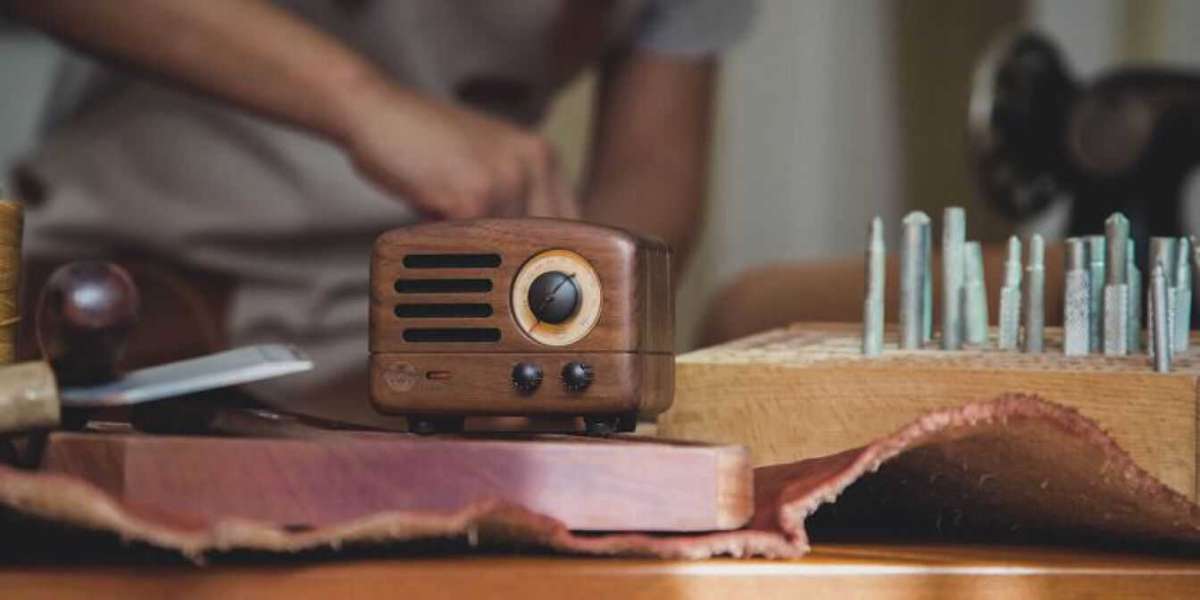Slow practice developing instinct for finish
Its too good an art not to be shared. JiuJitsu is one of those rare things in life that sound good, feel good and get amazing results, all in one. The technique allows you to finish a fight without hurting anybody, keep you and the opponent safe and in most cases build long lasting respect between you and the opponent. It takes a long time and dont be fooled into a quick lesson promising you self defense skills in an hour. However, if you put in the time you really do get lots of benefits, physically and mentally. This series (Lessons from JiuJitsu) is dedicated to the transfer of knowledge between the art of JiuJitsu and other parts of life.
One of the most useful drills in my training is what I call Slow practice developing instinct for finish. Lets say there is a particular technique that allows you to finish your opponent, like an armbar.
While very effective, this technique is not easy to set up. So, when we drill this technique, we drill slowly. The partner moves around and every now and then gives an opening, so you can set up the armbar. Its a simple idea, but incredibly effective. That way you dont spend all your energy hustling to set up something that resembles the armbar. You have time and space to focus on the essential moves necessary to perform the armbar. After a while, you can increase the speed of the drill. But no matter how good you are , you should always go back and drill the slow version. Its building mussel memory. The slow drill to develop instinct for finish really works.
Ive applied this technique with my son. He is a goal keeper in soccer and 11 years old. I help him develop technical skills. One of the hardest things for goalies is the one versus one:
I am applying the slow drill to develop instinct to finish for the one versus one skill training. We slowly approach the goal and give him openings, i.e. hints the ball might go right, or left or higher or lower etc. We go slow and then slowly increase the speed. Then we go back to slow and so on.
The drill is showing results. It doesnt look pretty, but I am convinced the the mussel memory is being built up. Also, as a goalie you have time and space to build confidence for such situations, so when the real thing happens in a game, you get the feeling youve been there. Its a bit like when you go back to visit your old school and think about how you were nervous when you took your tests. Today, you are much cooler about that. This kind of confidence helps a goalie master the one versus one. And I am convinced that the Slow drill to develop instinct for finish helps tremendously.
Lotos of people in the sports community emphasize talent and natural gift, which is good. But not enough emphasis is put on ways to develop players and give them special skills. Drills such as slow drill to develop instinct for finish are exactly the kinds of techniques that help people do things most would have thought can only be done by natural gift.








